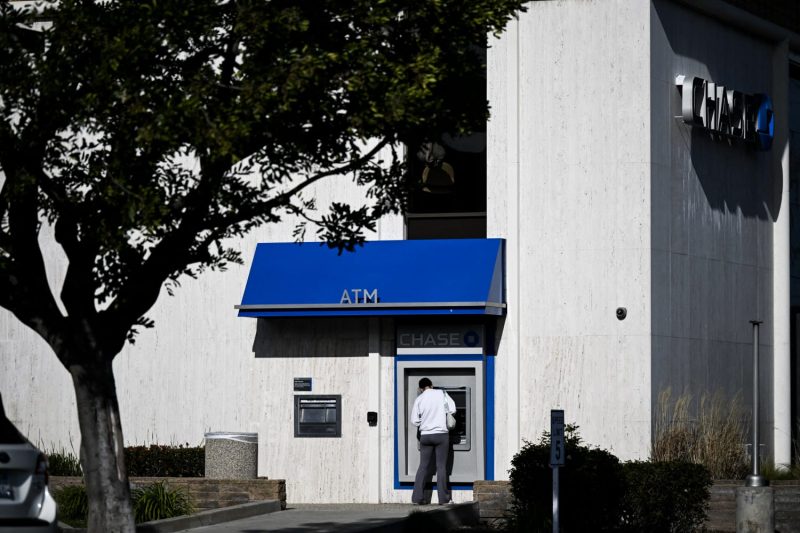JPMorgan Chase & Co. Takes Legal Action Against Customers Accused of Exploiting Bank Glitch
The recent actions taken by JPMorgan Chase & Co. against customers alleged to have exploited an infinite money glitch have brought to light a complex legal and ethical discussion surrounding banking errors and customer responsibility. Reports suggest that a number of customers took advantage of a digital loophole within the bank’s systems, allowing them to withdraw large sums of money without incurring the appropriate charges or consequences.
JPMorgan Chase, one of the largest financial institutions in the world, has initiated legal proceedings against these customers in an effort to recover the allegedly misappropriated funds. This move by the bank marks a significant escalation in its response to what it perceives as fraudulent activities by some of its account holders.
The incident has raised questions about the responsibilities of both financial institutions and their customers in cases of banking errors or system glitches. While it is undisputed that customers have a duty to act in good faith and report any discrepancies or issues with their bank accounts, the complexity of modern banking systems and the prevalence of digital transactions can sometimes make it difficult for individuals to discern legitimate transactions from errors or glitches.
In this particular case, reports indicate that the infinite money glitch allowed customers to withdraw thousands of dollars from their accounts without the funds being debited. Some customers allegedly took advantage of this error by making multiple withdrawals and even transferring the funds to external accounts before the issue was rectified by the bank.
The legal implications of such actions are significant, as financial institutions are often quick to take legal action against customers suspected of fraudulent activities. In the case of JPMorgan Chase, the decision to sue customers accused of exploiting the glitch highlights the seriousness with which the bank views such conduct.
From a broader perspective, this incident underscores the importance of transparency and accountability in the banking sector. Customers rely on financial institutions to safeguard their assets and maintain the integrity of their accounts. Similarly, banks depend on the trust and cooperation of their clients to promptly report any irregularities or discrepancies in their transactions.
As the legal proceedings unfold, it is likely that the case will serve as a cautionary tale for both banks and customers alike. Clear communication, robust security measures, and ethical behavior are essential components of a functional banking system that benefits both parties. In the digital age, where financial transactions are increasingly complex and automated, maintaining trust and integrity in the banking sector is more important than ever.
In conclusion, the case of JPMorgan Chase & Co. taking legal action against customers believed to have exploited an infinite money glitch shines a spotlight on the intricate relationship between financial institutions and their clients. As the situation evolves, it serves as a reminder of the importance of honesty, diligence, and accountability in maintaining a secure and reliable banking system for all stakeholders involved.
